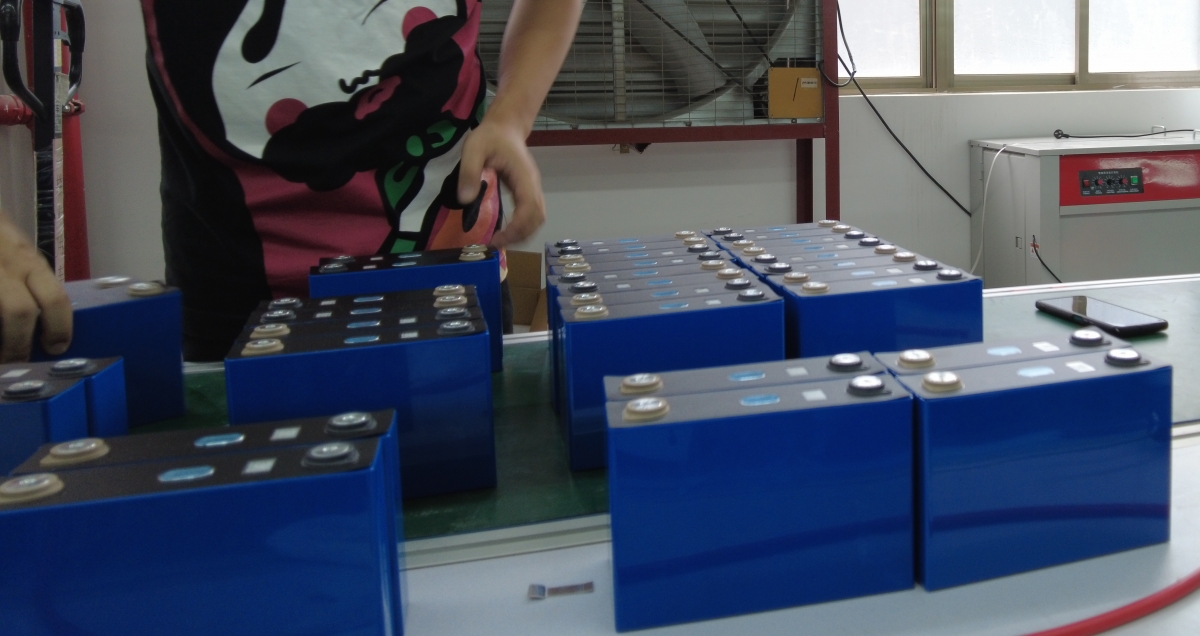- 09
- Nov
Japan vigorously develops all solid state batteries
Japan’s new energy industry technology comprehensive development agency recently announced that some companies and academic institutions in Japan will jointly develop the next generation of all solid-state lithium-ion batteries for electric vehicles in the next five years, and strive to be applied to the new energy vehicle industry as soon as possible. The total investment of the project is expected to be 10 billion yen (about 580 million yuan). 23 automobile, battery and material companies such as Toyota, Honda, Nissan and Panasonic, as well as 15 academic institutions such as Kyoto University and Japan Institute of physics and chemistry, will participate in the research.

It is planned to fully master the relevant technologies of all solid-state batteries by 2022. Japan’s new energy industry technology comprehensive development agency said that the next generation of vehicles (including clean diesel vehicles, hybrid vehicles, electric vehicles, etc.) is the future development direction of the global automobile industry. Many Japanese manufacturers have launched large-scale sales plans for pure electric vehicles and plug-in hybrid vehicles, and more efficient vehicle batteries have attracted much attention. There is no gas or liquid in the structure of all solid-state lithium-ion battery. All materials exist in solid state. Its high density and high safety make it more advantageous than traditional liquid battery, and has a broad application prospect in the field of new energy vehicles.
